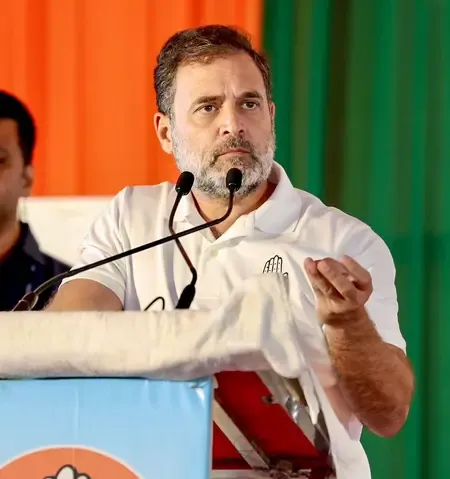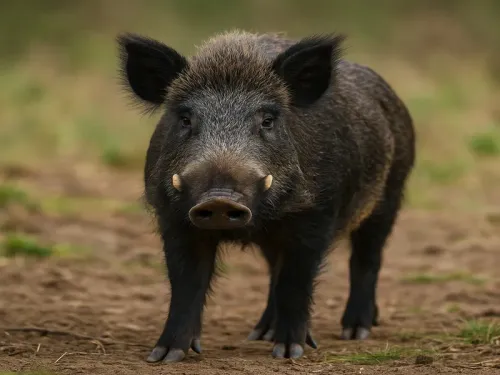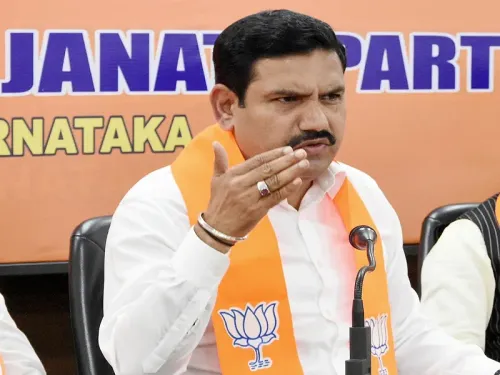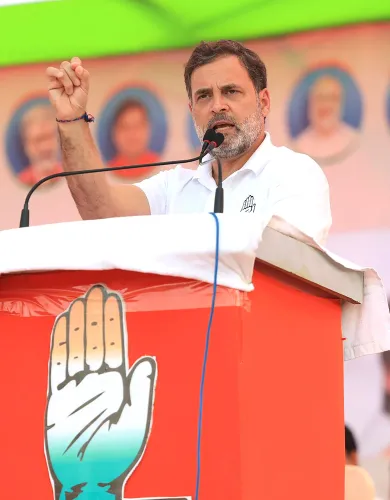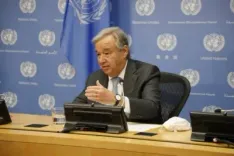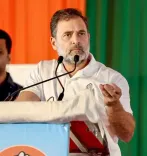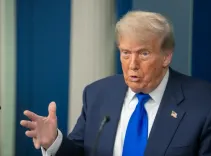Has Pakistan's Terror Strategy Been Unmasked? Global South Challenges Its Hypocrisy (IANS Analysis)
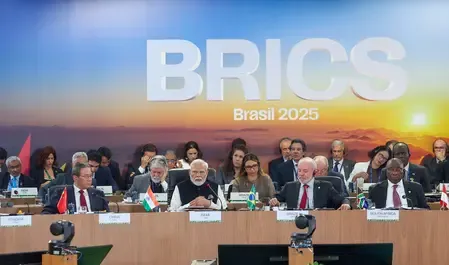
Synopsis
Key Takeaways
- The massacre in Pahalgam has galvanized a unified response from the Global South against state-sponsored terrorism.
- India's Operation Sindoor represents a robust military and diplomatic strategy in confronting terrorism.
- The BRICS declaration marks a critical shift in the global narrative surrounding terrorism.
- The emerging consensus among Global South nations emphasizes the need for accountability in addressing terrorism.
- Pakistan's historical reliance on plausible deniability is increasingly being challenged on the international stage.
New Delhi, July 11 (NationPress) The massacre of 26 civilians in Kashmir’s Pahalgam on April 22, 2025, reverberated throughout the nation. The aftermath may signify a pivotal moment in the Global South's response to terrorism, especially regarding state-sponsored acts.
For years, India has raised alarms about Pakistan’s use of terrorism as a state policy tool, particularly in Jammu and Kashmir. Often, these warnings were dismissed or overshadowed by broader regional geopolitics. However, the Pahalgam attack and the mounting evidence connecting the attackers to Pakistan-based groups have shifted this narrative considerably.
India's response was notably rapid and multifaceted. Under Operation Sindoor on May 6-7, it executed a targeted military operation against terror infrastructure across the Line of Control (LoC) in Pakistan Occupied Jammu and Kashmir (POJK) and central Pakistan. This military action was paired with a calculated diplomatic campaign, evident at the 2025 BRICS Summit in Rio de Janeiro, where the Global South explicitly condemned the terror attack in Jammu and Kashmir, naming both the incident and its nature.
The BRICS declaration stated it “condemned in the strongest terms the terrorist attack in Jammu and Kashmir on April 22, 2025, which resulted in 26 fatalities and many injuries,” affirming a united commitment to combatting terrorism “in all its forms and manifestations, including cross-border movements of terrorists, financing of terrorism, and safe havens.”
This was more than mere diplomatic rhetoric; it marks a notable shift in the emerging world order, where the Global South is increasingly vocal against double standards concerning terrorism.
A Shift in Global Norms
The Global South has historically been a battleground of conflicting narratives surrounding terrorism. While Western powers often dominate discussions on extremism, violence within the Global South, spanning from South Asia to Africa, has received selective attention. However, this trend appears to be changing.
India’s diplomatic efforts, backed by real-time evidence and growing solidarity among like-minded economies, are shining a light on how selective empathy and geopolitical maneuvering have fostered state-sponsored terror. The BRICS statement, even endorsed by China, which has maintained a close strategic partnership with Pakistan, suggests that this silence may no longer be sustainable.
Indeed, the key takeaway from Rio wasn’t just the condemnation of the Pahalgam attack, but that China did not obstruct the language of the declaration.
This is particularly significant given the deep-rooted China-Pakistan bilateral cooperation, especially under the China-Pakistan Economic Corridor (CPEC) framework. Beijing has traditionally shielded Pakistani entities and terrorists from global scrutiny, including at the UN Security Council (UNSC). Multiple independent assessments indicate that Pakistan's military arsenal is now over 80% composed of Chinese-origin equipment. Therefore, for China to permit a declaration emphasizing cross-border terrorism, implicitly referencing Pakistan, is a diplomatic milestone for India.
The Growing Evidence of Pakistan’s Terror Sponsorship
India’s case against Pakistan has evolved beyond mere moral indignation; it is now underpinned by concrete, corroborated evidence showcasing systemic complicity. Reports from Indian intelligence, shared with international allies and the UNSC’s 1267 Sanctions Committee, indicate that the attackers in the Pahalgam incident were affiliated with a faction of The Resistance Front (TRF), recognized as a rebranded arm of the Pakistan-sponsored terrorist group Lashkar-e-Taiba (LeT). Both LeT and its affiliated networks have found refuge in Pakistan, with little action taken against their leadership despite international pressure and FATF conditions.
For years, Pakistan has relied on plausible deniability, labeling these groups as “non-state actors” beyond its control. However, this narrative is increasingly strained, especially when attacks like Pahalgam display familiar patterns: trained personnel, advanced weaponry, and ideological alignment with Pakistan’s strategic stance on Kashmir.
The BRICS Moment
The BRICS platform, initially comprising Brazil, Russia, India, China, and later South Africa, now includes influential economies such as Egypt, Ethiopia, Iran, and the UAE. It is increasingly perceived as the voice of the Global South, providing a platform for emerging powers to express their concerns, free from Cold War-era constraints or Western alliances.
The Rio summit’s declaration on terrorism suggests that member states are no longer willing to ignore threats destabilizing their regions in favor of transactional diplomacy. Nations like Brazil and South Africa, which have faced their own security challenges, recognize that impunity for terrorism anywhere poses risks everywhere.
India’s consistent framing of Pakistan’s terror infrastructure as a global security issue rather than a bilateral concern appears to be gaining traction. New Delhi’s argument is straightforward: if cross-border terrorism is tolerated in Kashmir, it sets a precedent that could empower similar actors across Africa, Latin America, and Southeast Asia.
Reframing the Global South
The BRICS condemnation also signifies a deeper transformation in the Global South’s willingness to delineate its own security parameters instead of deferring to Western geopolitical interests. Countries like India have long been expected to align with major powers regarding security threat definitions. However, the Global South is now forming a consensus that its security interests are paramount, especially when threatened by state-sponsored extremism disguised as ideology, liberation, or regional grievances.
In this context, the silence or ambivalence of certain powers regarding acts of terrorism, particularly those with evident cross-border connections, can no longer be justified. The BRICS condemnation of the Pahalgam attack marks a departure from the era of willful ambiguity, establishing a standard of accountability for all states, irrespective of their strategic alliances.
The Way Ahead
For Pakistan, this emerging scrutiny from fellow Global South members should prompt serious reflection. Its longstanding strategy of asymmetric warfare via non-state actors has not only destabilized its neighborhood but has also become its Achilles' heel, with numerous patronized terrorist groups redirecting violence against Pakistan itself.
The evolving global alignments indicate that the world is no longer willing to excuse terrorism, regardless of its guise. Furthermore, the idea that development partnerships can obscure the consequences of cross-border violence is increasingly untenable.
India’s diplomatic shift, which combines military force with diplomatic forums, is transforming how terrorism is discussed and condemned globally. In this context, the BRICS statement in Rio is not merely a triumph for Indian diplomacy; it signifies that the world’s emerging powers are prepared to identify terrorism unequivocally, regardless of its sponsors.

